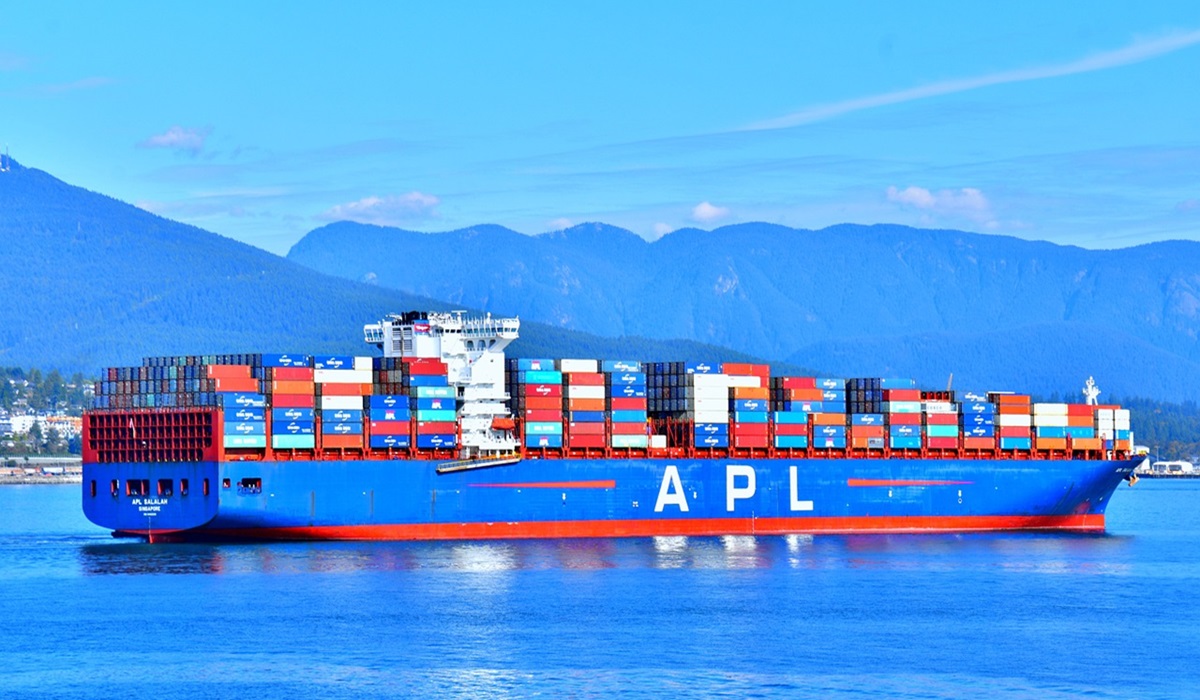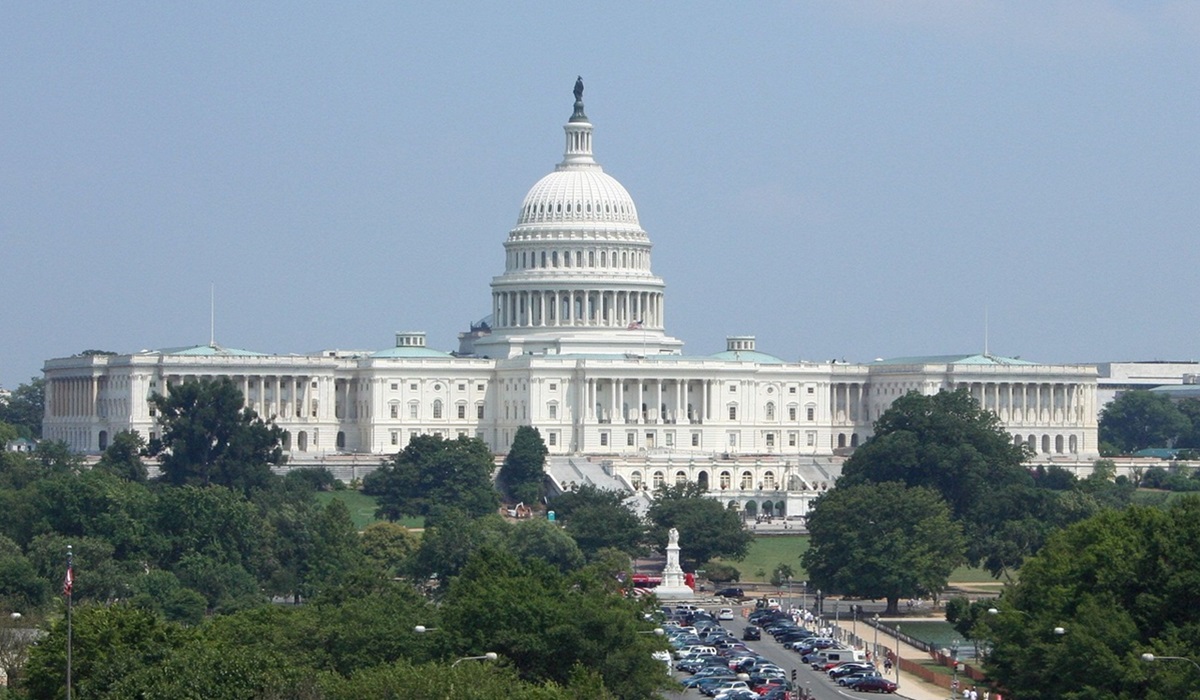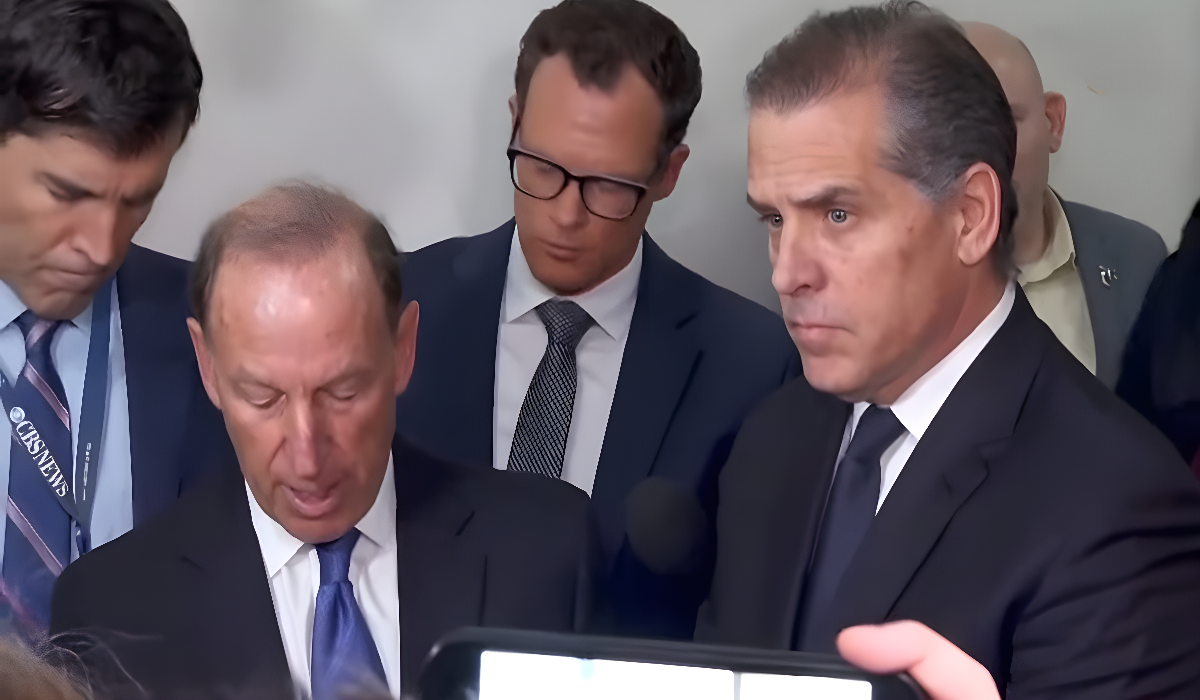The Price of Hegemony: How 100% Tariffs Could Push the U.S. Economy into Recession
- TDS News
- U.S.A
- September 15, 2024

Image Credit, Dominador
If the United States were to impose 100% tariffs on goods from countries that choose to de-dollarize and trade in alternative currencies, as former President Trump has suggested, the economic consequences could be both severe and far-reaching. While such a move might sound like a forceful defense of U.S. economic hegemony, in reality, the repercussions for the American economy could be catastrophic. The immediate effect of such tariffs would be a steep rise in the cost of imported goods. This cost would inevitably be passed down to consumers, who are already grappling with inflation and high prices on essentials. Everyday products that rely on global supply chains—ranging from electronics, appliances, clothing, and even food—would become significantly more expensive, placing an enormous financial burden on American households. For many families, these items would shift from being affordable essentials to unaffordable luxuries.
The ripple effect on businesses would be just as profound, if not more so. American companies across multiple sectors, from technology to manufacturing, rely heavily on imported components, raw materials, and finished products. Imposing a 100% tariff on these goods would dramatically raise production costs, disrupting supply chains and making it much harder for businesses to remain competitive both domestically and internationally. As costs rise, companies would be left with difficult decisions: either pass these increased costs on to the consumer, or absorb the losses, leading to reduced profits. In both cases, businesses are set to lose. Should companies opt to raise prices to cover the cost of tariffs, they risk pricing themselves out of the market. With consumers already stretched thin by rising inflation, the demand for expensive goods would likely plummet, creating a vicious cycle where businesses are forced to cut back on production or close altogether.
The domino effect would lead to job losses, reduced investment, and potential bankruptcies across industries. When consumers stop spending and businesses can no longer sustain their operations, the larger economy will suffer, with unemployment rising and economic growth slowing or even contracting. Some American companies may try to find alternative markets, but given the global nature of supply chains and the interdependence of economies, the damage would be hard to contain. Meanwhile, the suppliers of these goods—the foreign companies that U.S. businesses rely on—would be forced to diversify their client base, seeking markets outside of the United States. This would further diminish U.S. influence in global trade as these suppliers build stronger relationships with other countries, many of which are already embracing a multipolar world and shifting away from dollar-denominated trade.
This move would also exacerbate the growing trend of countries exploring alternatives to the U.S. dollar for international trade. In recent years, several nations have already begun diversifying their foreign currency reserves, and some are actively promoting the use of their own currencies in trade agreements, partly to reduce dependence on the dollar and U.S. economic dominance. By imposing 100% tariffs on countries that de-dollarize, the United States would likely accelerate this trend, pushing even more countries toward adopting multiple currencies and forming trade alliances that bypass the dollar altogether. Ironically, in trying to protect the dollar’s hegemony, such a policy would likely weaken it further by encouraging more nations to turn away from it. The global economic order would continue to shift, with the United States finding itself increasingly isolated in a world where multiple currencies are used in trade and where its leverage is diminished.
Politically, the move might sound like a bold declaration of defending American interests, but the underlying logic doesn’t hold up to economic scrutiny. While it might make for effective campaign rhetoric, the long-term consequences would be devastating, not just for American consumers but for the broader economy. The damage wouldn’t be limited to trade partners or a few specific sectors; the entire economic structure of the United States would be at risk. Higher prices, reduced spending power, and the potential collapse of key industries would lead to widespread economic hardship. Furthermore, once businesses start failing, the broader financial system could come under strain, potentially leading to instability in the stock markets and a loss of investor confidence.
It’s important to consider that other countries are increasingly moving toward a multipolar world, where economic power is more distributed and not concentrated solely in the hands of the United States. This means that while America’s influence remains significant, it’s no longer the only game in town. Countries that are de-dollarizing aren’t necessarily acting out of defiance—they are responding to a global economy that is diversifying. The rise of China, the emergence of new economic blocs, and the development of alternative financial systems mean that America can no longer wield the same level of control it once did. By imposing such extreme tariffs, the United States would be playing a dangerous game of economic brinkmanship that it might not win.
While the idea of 100% tariffs may resonate with a certain base of voters as a show of strength, it risks undermining the very foundation of the U.S. economy. American companies and consumers are intricately tied to the global economy, and the imposition of such tariffs would not create new jobs or boost domestic production as some might hope. Instead, it would lead to higher costs, reduced demand, and economic contraction. Suppliers, manufacturers, and consumers would all feel the pain, and the broader consequences could be felt for years to come. The notion of protecting American dominance through such tariffs might sound appealing in a campaign speech, but in practice, it could cripple the very economy it seeks to protect.








